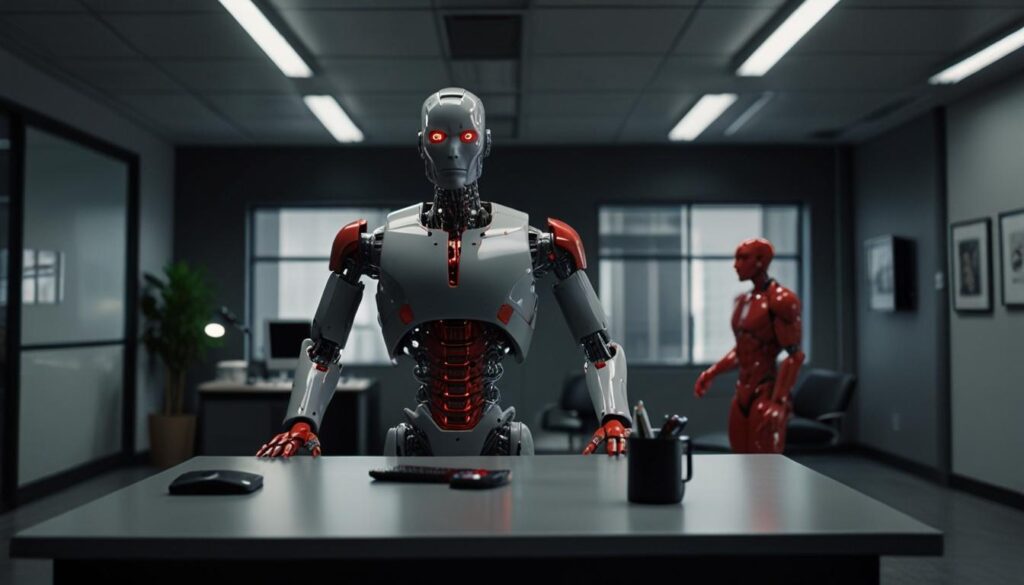Ashton Kutcher received criticism for his advocacy of AI-driven filmmaking tools, sparking a debate on the impact of technology on the creative industry and human jobs. While promoting OpenAI’s Sora, Kutcher proposed a scenario where AI could autonomously produce movies, raising concerns about the potential consequences for the film industry.
Actor Ashton Kutcher, 46, recently faced criticism for his comments on the potential benefits of AI in filmmaking. During a discussion with former Google CEO Eric Schmidt, Kutcher promoted OpenAI’s generative video tool, Sora, suggesting it could eventually produce entire movies. He explained that users could input a movie idea, have AI write the script, and then generate the film using the tool. Kutcher argued this technology could significantly reduce costs, such as creating establishing shots or complex action scenes, which traditionally involve high expenses and extensive CGI.
Critics argue that such technology could undermine the human element in filmmaking, potentially costing industry jobs and diminishing creative collaboration. Remarks from detractors highlight concerns over AI’s capability to replace human creativity and the potential economic impact on the film crew.
Kutcher’s comments come shortly after Netflix co-CEO Ted Sarandos addressed similar concerns, asserting that AI would serve as a tool rather than a replacement, enhancing the efficiency and effectiveness of creative jobs in Hollywood.

